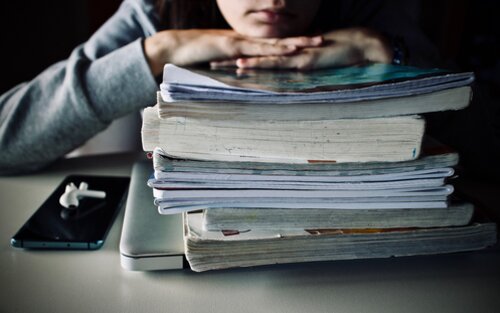This is according to Audrey Azoulay, Director-General of the UN Educational, Scientific and Cultural Organization (UNESCO), who highlighted the impact of the pandemic and related mitigation measures, such as school closures, on children and young people with disabilities.
Azoulay said students with disabilities are often at the highest risk of experiencing a disruption of their education, she added, warning that many distance learning methods do not account for their specific needs.
“It is crucial to involve persons with disabilities in the devising of solutions that are truly aimed at everyone and to learn from the experience,” Azoulay urged.
This can be achieved by developing digital resources and skills that foster inclusion, training teachers in the principles of accessible education for all, and creating accessible tools adapted to different learning requirements, she added.
“This is crucial not only for students with disabilities but also for their classmates. All students benefit from a more inclusive education … access to education, like access to other common goods, must become universal,” the UNESCO Director-General said.
UNESCO says students with disabilities are amongst those facing the biggest obstacles, as the specific support and teaching tools they require are not always available in distance and online learning.
At the same time, UN Human Rights experts have called on world leaders to ensure that persons with disabilities are fully included in the ‘building back better’ process, a strategy aimed at reducing the risk to the people of nations and communities in the wake of future disasters and shocks.
According to Danlami Basharu, Chair of the Committee on the Rights of Persons with Disabilities, an “obvious learning” from the past few months was a “conspicuous lack of consultation” with persons with disabilities, which resulted in missing of predictable problems and negatively affected COVID-19 responses.
Gerard Quinn, Special Rapporteur on the rights of persons with disabilities, told UN News that only through the adoption of a human rights approach would the aim of equitable, sustainable, and resilient societies be achieved.
“This includes, among others, the recognition of education as an essential element to empower persons with disabilities and to integrate them into their communities socially and politically … the future cannot be like the past, and that is what ‘building back better’ should be all about,” he said.
Their sentiments come even as the coronavirus pandemic continues to ravage the world and the announcement of a new strain of the virus.
As of December 24 2020, there are 78.7 million registered cases of COVID-19, including 44.3 million recoveries and 1.73 million deaths
Margaret Njuguna

